Microsoft's next low-cost Windows tablet is reportedly right around the corner
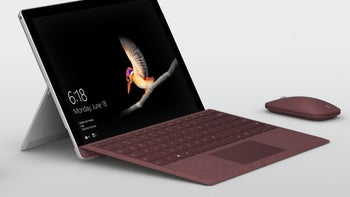
Because Microsoft generally likes to move at its own pace when it comes to Surface product announcements and upgrades, it wasn't exactly a shocker that the Surface Go didn't get a sequel last year. Instead of refreshing its smallest and cheapest tablet to date, the company focused on expanding the family with a new Pro X model and two futuristic dual-screen devices expected to be actually released at some point by the end of 2020.
But while working tirelessly to refine the groundbreaking Surface Neo and Duo, the Redmond-based tech giant is reportedly preparing to unveil a couple of significantly more conventional new members of the Surface family. These are tipped to go official sometime "this spring" by a very well-connected insider, including a sequel to the 2017-released Surface Book 2 laptop and a second-gen Surface Go slate.
If you're into portable and affordable computing machines, odds are you're far more interested in the Surface Go 2, even though Microsoft is not expected to radically redesign or upgrade 2018's original variant. The good news is the refreshed 10-inch or so Windows tablet should be able to retain its predecessor's reasonable $399 starting price while adopting a newer and faster range of Intel processors.
Yes, we could be looking at a range of chips this time around, including a couple of Pentium Gold options and a slightly faster Intel Core M variant. Don't hold your breath for a Qualcomm Snapdragon 7c configuration, though, and don't expect anything more than a "minor refresh" of the OG Surface Go's physical appearance.
Alongside the budget-friendly Surface Go 2 and a state-of-the-art Surface Book 3, Microsoft might re-launch the AirPods-rivaling Surface Earbuds this spring after missing their initial commercial rollout target. Last but not least, a sequel to the 2018-released over-ear Surface Headphones is apparently definitely in the works, but not yet guaranteed to see daylight at the same spring 2020 event as all the aforementioned Redmond-designed products.






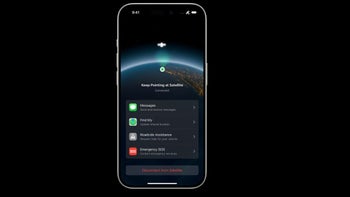
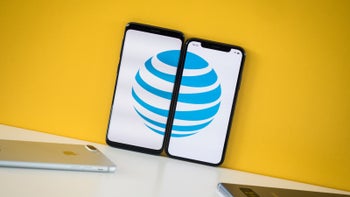



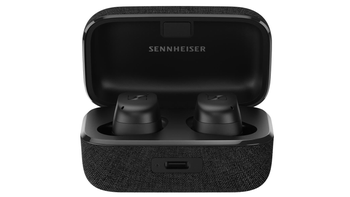

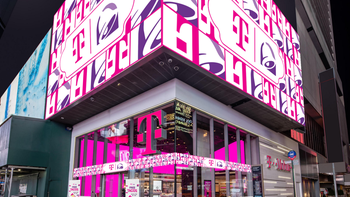
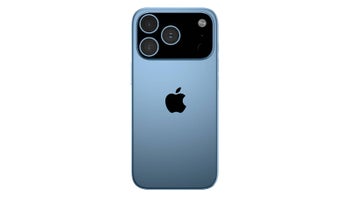
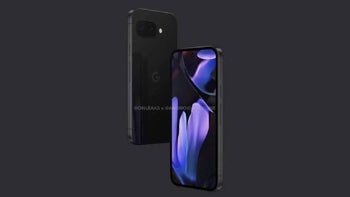
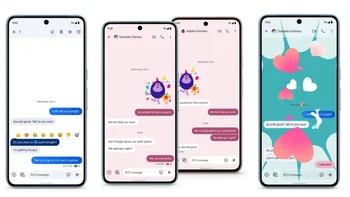
Things that are NOT allowed: